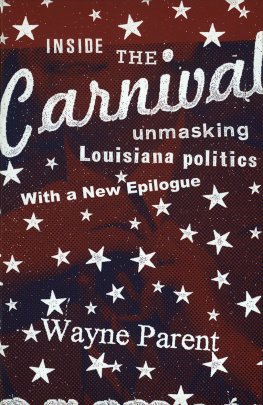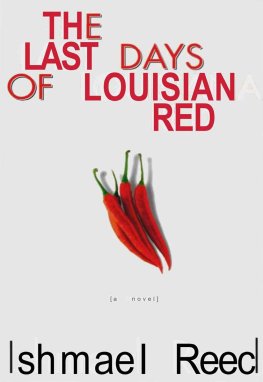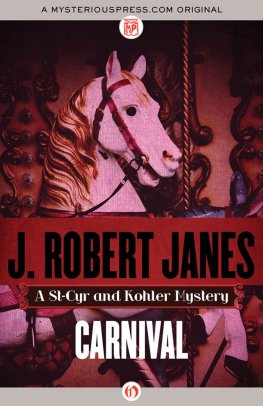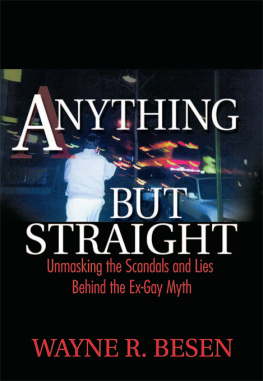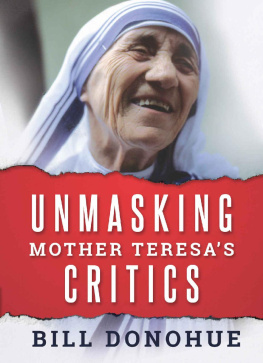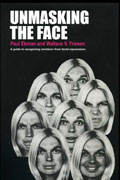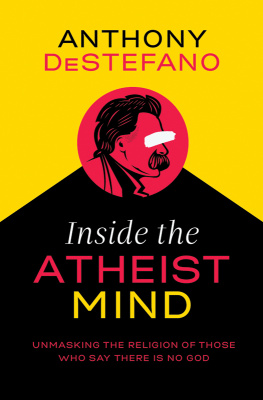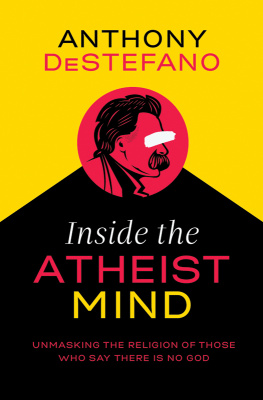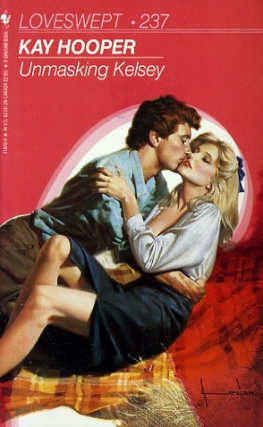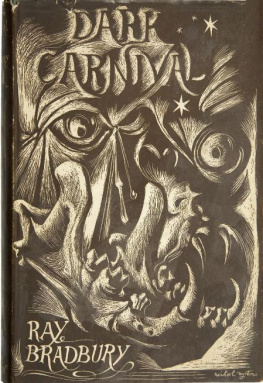Inside the Carnival
Inside the Carnival
UNMASKING LOUISIANA POLITICS
With a New Epilogue
Wayne Parent

Louisiana State University Press
BATON ROUGE
Published by Louisiana State University Press
Copyright 2004 by Louisiana State University Press
All rights reserved
Manufactured in the United States of America
LOUISIANA PAPERBACK EDITION, 2006
THIRD PRINTING, 2011
DESIGNER: Andrew Shurtz
TYPEFACE: Whitman
Library of Congress Cataloging-in-Publication Data
Parent, Wayne, 1955
Inside the carnival : unmasking Louisiana politics / Wayne Parent.
p. cm.
Includes bibliographical references and index.
1. LouisianaPolitics and government20th century. I. Title.
JK4716.P37 2004
320.4763dc22 2003027015
ISBN: 978-0-8071-3198-5 (pbk.)
The paper in this book meets the guidelines for permanence and durability of the Committee Production Guidelines for Book Longevity of the Council on Library Resources.

For my Father,
FERRIS JOSEPH PARENT
The reason I love this place
and
For my Mother,
LOUISE THOMAS PARENT
19231994
She would have loved this.
Contents
Photographs
Maps and Tables
APPENDIX 1
APPENDIX 2
Preface
I WAS STANDING ON THE BALCONY of a motel in Fort Collins, Colorado, looking east and seeing Nebraska or maybe Kansas, when I realized why I am so drawn to Louisiana. I was about to be offered an assistant professorship of political science at Colorado State and was thinking about what it would be like to live the next phase of my life in the West. As I gazed out over miles and miles of openness, I understood for the first time the notion of Big Sky country. I felt insignificant. The sky, the mountains, the clouds were all overwhelming. I was a dot. I pictured myself driving down Highland Road south of LSU in Baton Rouge, feeling very much a part of the thicknessthe trees hanging down, the people, the roachesall literally connected by the thickness of the air. I wanted to go home.
A few weeks later, I was offered the same job at LSU, and over the next twenty-five years I gradually came to understand intellectually what I always knew emotionally. I had been trained as a social scientist and learned to cringe when I heard comments like Louisiana politics is a gumbo and Its that way because were just Louisiana. I still cringe. I couldnt just anecdote my way to conclusions. I had to confirm my suspicions honestly and rigorously. I found that the more I looked, the more connections and consistency I saw. Louisiana was always an asterisk in state politics studies, and after a while the asterisks started to line up.
Its just Louisiana? Its a gumbo? Not really answers. Too simple. California is just California. And even Indiana and Iowa exhibit distinct political cultures... maybe. Louisiana differences run much deeper and deserve a genuine systematic explanation. Louisiana may be a gumbo, but its one that needs to be explained.
While it is easy to focus on crazy elections and bizarre shenanigans of flamboyant politicians to describe the character of any states politics as colorful (although, admittedly, Governors Huey and Earl Long and Edwin Edwards were masters of the game), it is not the individual stories that bear inspection and study. The inspiration for this study is the knowledge that there are a series of distinctions found in Louisiana politics and government that are much wider and much deeper and that, most importantly, can be explained systematically.
If some of our students are to be believed, political scientists seem to make a career of turning something as fascinating as politics into something incredibly boring by making every compelling argument into a series of a thousand iterations of formulas and equations and models and variables. Louisiana politics does not deserve that fate. Hopefully this discussion will contain the solid, satisfying explanations of rigorous social science and the liveliness of all of the juicy stories used to illustrate the points along the way.
Acknowledgments
LOTS OF FOLKS MADE THIS BOOK much better. Michael Henderson, my ridiculously bright graduate assistant and very good friend, worked tirelessly editing and suggesting revisions. Without Mikes help, Im not sure I would have started or finished it. Brian Thompsons research on Leander Perez and on New Orleans were invaluable to the local politics chapter. In addition, several others helped in a variety of other ways. They are: Gerry Anders, Phillip Ardoin, Cecil Eubanks, Maureen Hewitt, Omar Khalid, Parker Marschall, Richard Moreland, Peter Petrakis, Ellis Sandoz, John Tadayeski, Shaun Mena, Krystal Williams, and Roy Bergeron Jr.
Id also like to thank my family for their incredible support in this and everything else. They are Ferris, Grace, Dale, Bonnie, and Randy.
Much of what I know about Louisiana politics I learned from people who played a big part in its unfolding. Since 1983 several people have generously given their time to speak to my sophomore-level Louisiana Government class at LSU. I cannot single out any specific lecture, since all of them have melded into my general understanding of Louisiana culture and politics. I want to give heartfelt thanks to these men and women not only for their gift of time and insight to the students in their particular semester, but because those insights have lived on semester after semester as they have been incorporated into subsequent lectures and into this book. Without these individuals commitment to education, this book could never have been written.
They are United States Senators John Breaux and Mary Landrieu; Governors Edwin Edwards, Charles Buddy Roemer, and Mike Foster; Lt. Governors Bobby Freeman, Melinda Schwegmann, and Kathleen Blanco; Attorneys General William Guste and Richard Ieyoub; Secretaries of State Paul Hardy and Fox McKeithen; Commissioner of Insurance and Secretary of State Jim Brown; state senators Jay Dardenne, Tom Greene, Melvin Kip Holden, John Guidry, and Louis Lambert; state representatives Karen Carter, Melissa Flournoy, E. L. Bubba Henry, Michael Jackson, Charles Riddle, and Sharon Weston Broome; state supreme court justice Harry Lemmon; governors chief of staff Stephen Perry; and governors staff member Kristy McKearn. In addition, United States district judge Tommy Porteous; political consultants and journalists James Carville, John Maginnis, Marsanne Golsby, James Nickel, Jack Wardlaw, Robert Mann, and Dane Strother and Raymond Strother; and congressional candidate Marjorie McKeithen.
Inside the Carnival
1. Political Culture
The Long Reputation
In the fall of 1991 a sticker reading Vote for the Crook, Its Important appeared on car bumpers across the state of Louisiana. The slogan referred to an eye-catching governors race between colorful, gregarious Cajun governor Edwin Edwards, who had spent most of his third term successfully defending himself in federal court against charges of racketeering, and David Duke, a former state representative universally known for his early career as a grand wizard of the Ku Klux Klan. The specter of these two runoff candidates contending for the highest office in the state was both entertaining and unsettling, like a dark comedy played out to the disturbance of the Louisiana public. Voters could cast their favor for either the image of David Duke gowned in Ku Klux Klan robes and speaking before a flaming cross or the mug shot of Edwin Edwards. Ten years later both Duke and Edwards were in jail. Duke pleaded guilty to mail and tax fraud charges and Edwards stood convicted of a variety of political pastimes including conspiracy, money laundering, fraud, and extortion.



